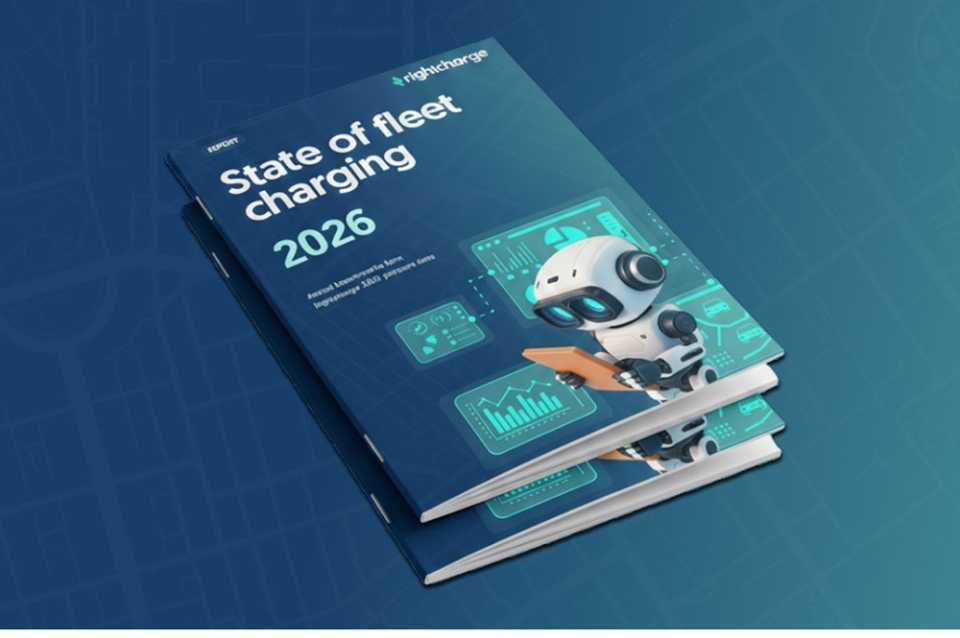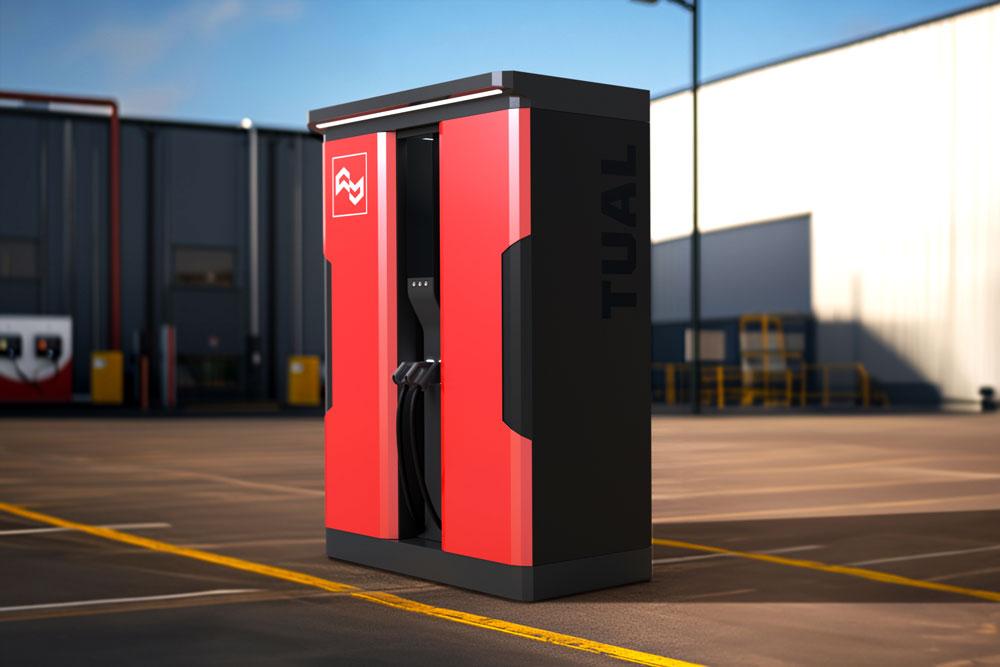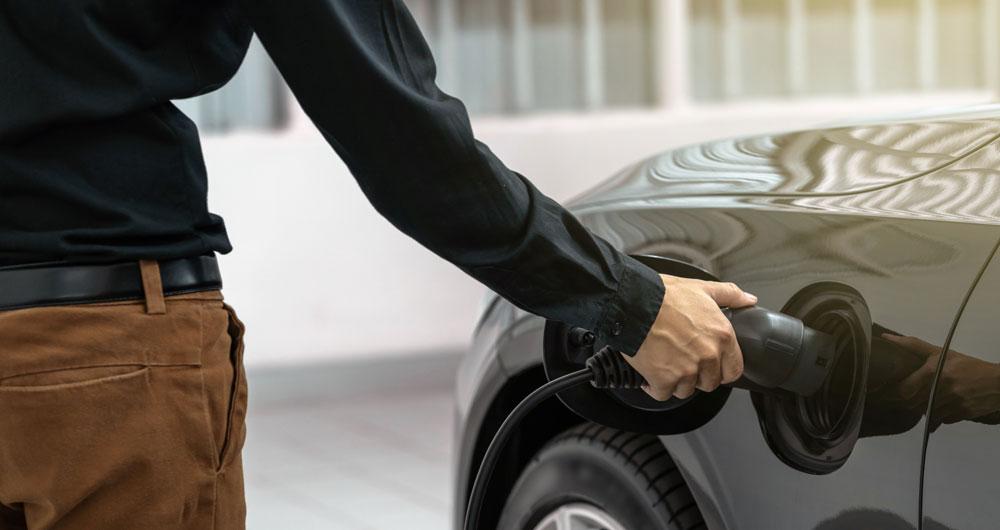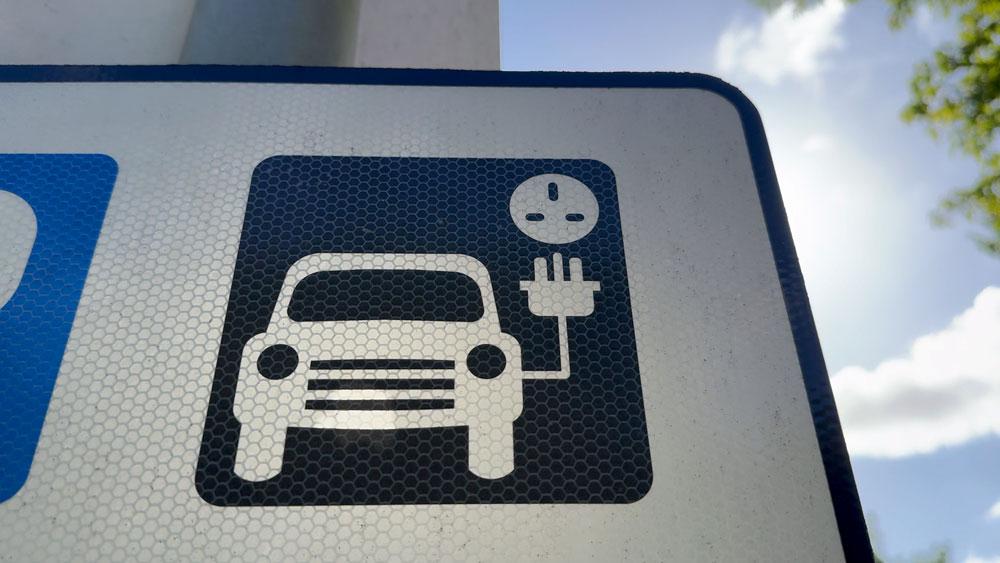EDF has launched a new trial looking into how bi-directional charging technology can allow customers with solar panels to use the spare capacity in their electric vehicle (EV) batteries to power their homes and earn extra money.
Participants will utilise EDF’s existing Smart Export Guarantee (SEG) tariff and use Indra Renewables bi-directional chargers to integrate their EV battery and solar panels, enabling them to sell any surplus power from their car batteries to the grid at the best times, potentially earning drivers an average of £650 a year compared to a smart charging baseline based on research carried out by EDF.
For the trial, Loughborough University and the University of Sheffield will carry out studies with the customers, providing vital insight into the export tariff’s feasibility for optimising customers EV charging to ensure it is aligned with low carbon generation and at the lowest cost to the customer.
EDF will be collecting data throughout the trial, which has just begun and ends in February 2025, providing customers with insights into their charging behaviour, helping to reinforce smart charging habits that will save cash for the customers and avoid charging at carbon intensive times.
This trial is one of five that has been created and developed as part of a wider project by EDF’s Research and Development and Customer teams and is part of the Department for Energy Security & Net Zero’s Alternative Energy Markets Innovation Programme. It is backed by £1.3m of funding from the Net Zero Innovation Portfolio (NZIP).
Patrick Dupeyrat, Director of Research and Development at EDF, said: “This trial is exactly the type of innovation the industry should be striving for, delivering exciting new ways to reduce pressure on the grid and customers’ pockets and getting people across Britain engaged in their net zero journey.”
EDF trial to examine integrating EV batteries with solar panels







